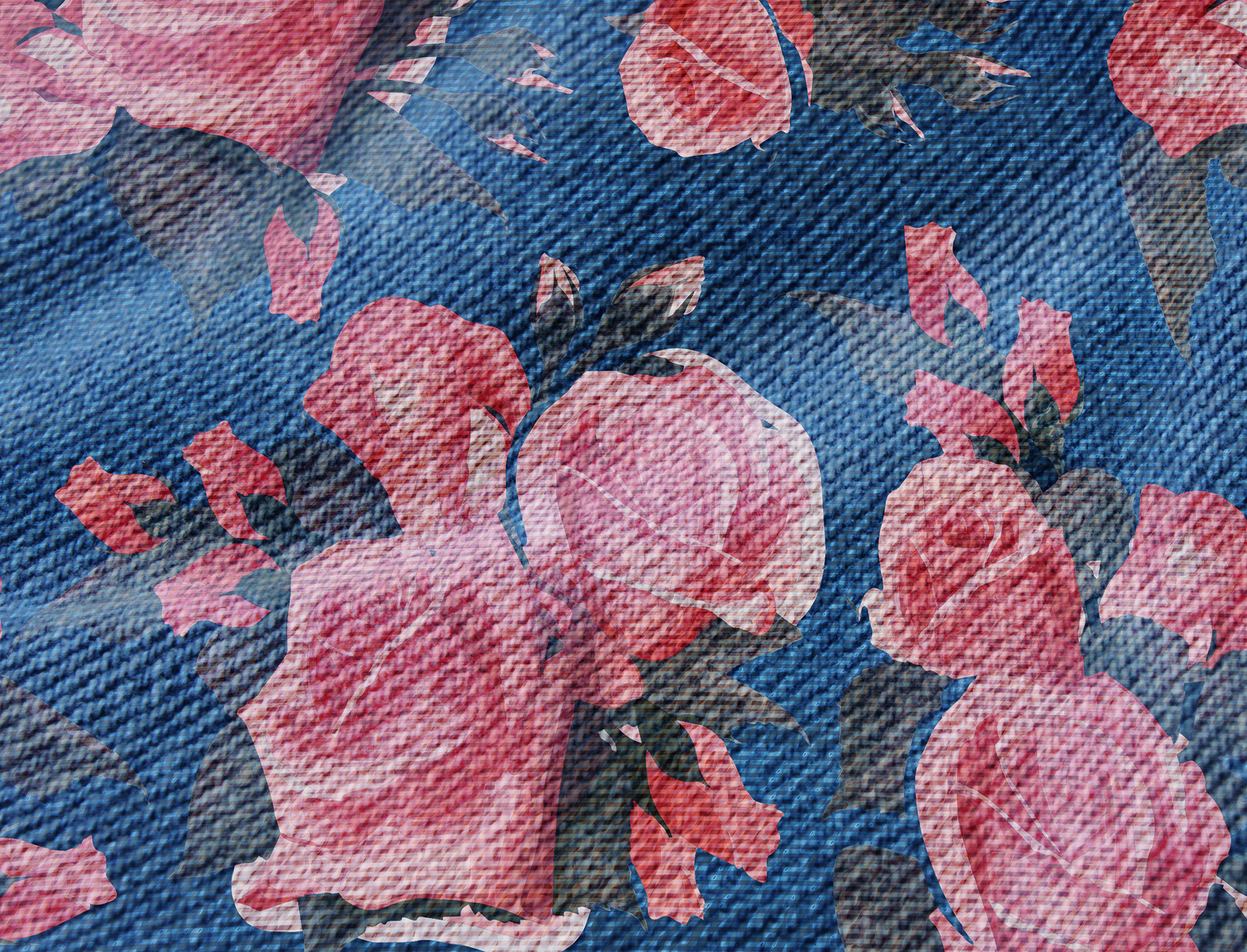Manufacturing & Retail
The manufacturing and retail stage aims to reduce textile waste accumulation and over production, to optimise efficiency in the cut, make and trim of a garment through digital solutions and on-demand production, and to extend the life of products and packaging through circular business models. This supply chain step aims to reduce the overall waste to landfill at a factory, retail and consumer level.
Projects

VAT Tax Impact on Resale in the UK

In Conversation with Trove: The Innovator Powering the Resale Ecosystem For Brands
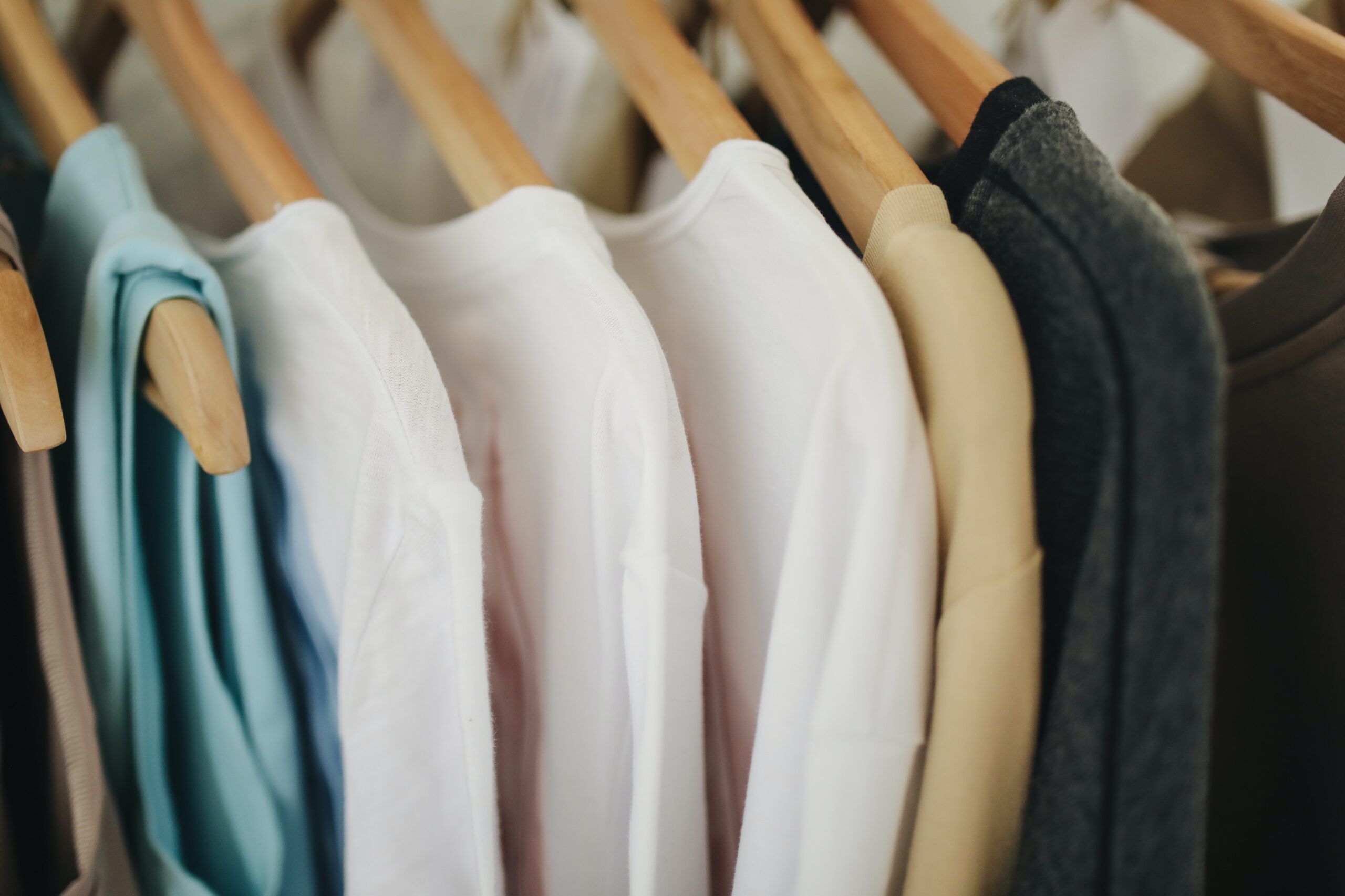
Meet the Innovator: Trove
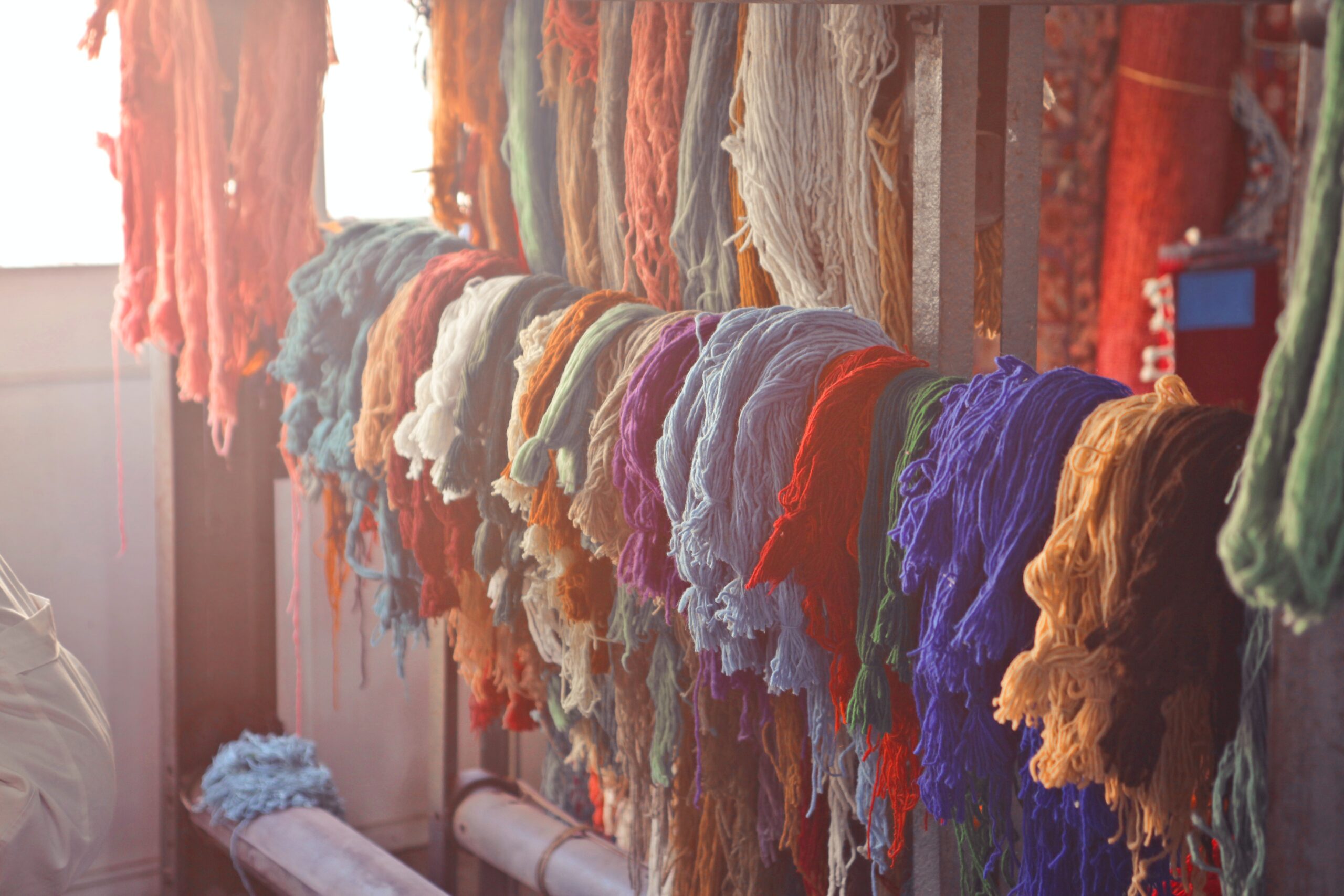
What are circular business models?

Fashion for Good launches the home-compostable polybag project
Fashion for Good launches the Home-Compostable Polybag Project, a pilot to test alternatives to conventional single-use polybags,



Fashion for Good Launches the Home-Compostable Polybag Project
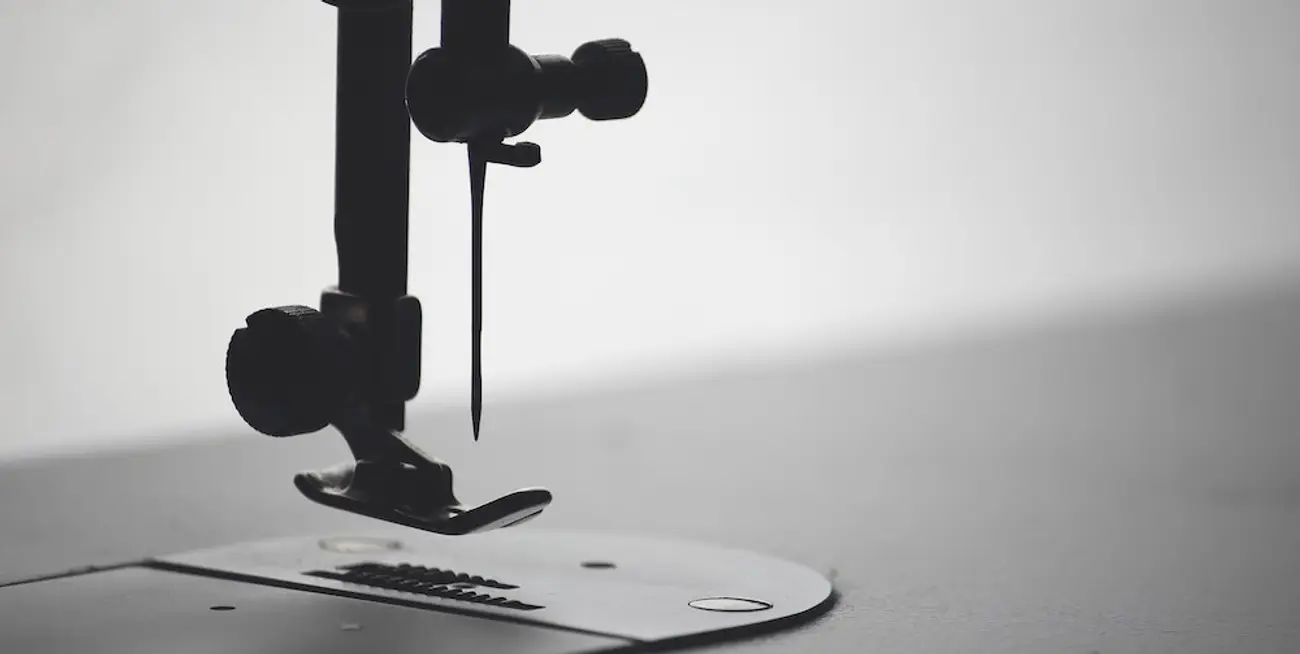

With its soluble sewing thread, Resortecs facilitates the management of unsold garments
For a long time, the fashion industry has been caught up by its excesses such as overproduction. It is with the aim of giving new life to fabrics that the start-up developed two innovations, which, when combined, allow clothes to be easily “unsewn” and thus facilitate fabric recovery. [FRENCH ARTICLE]
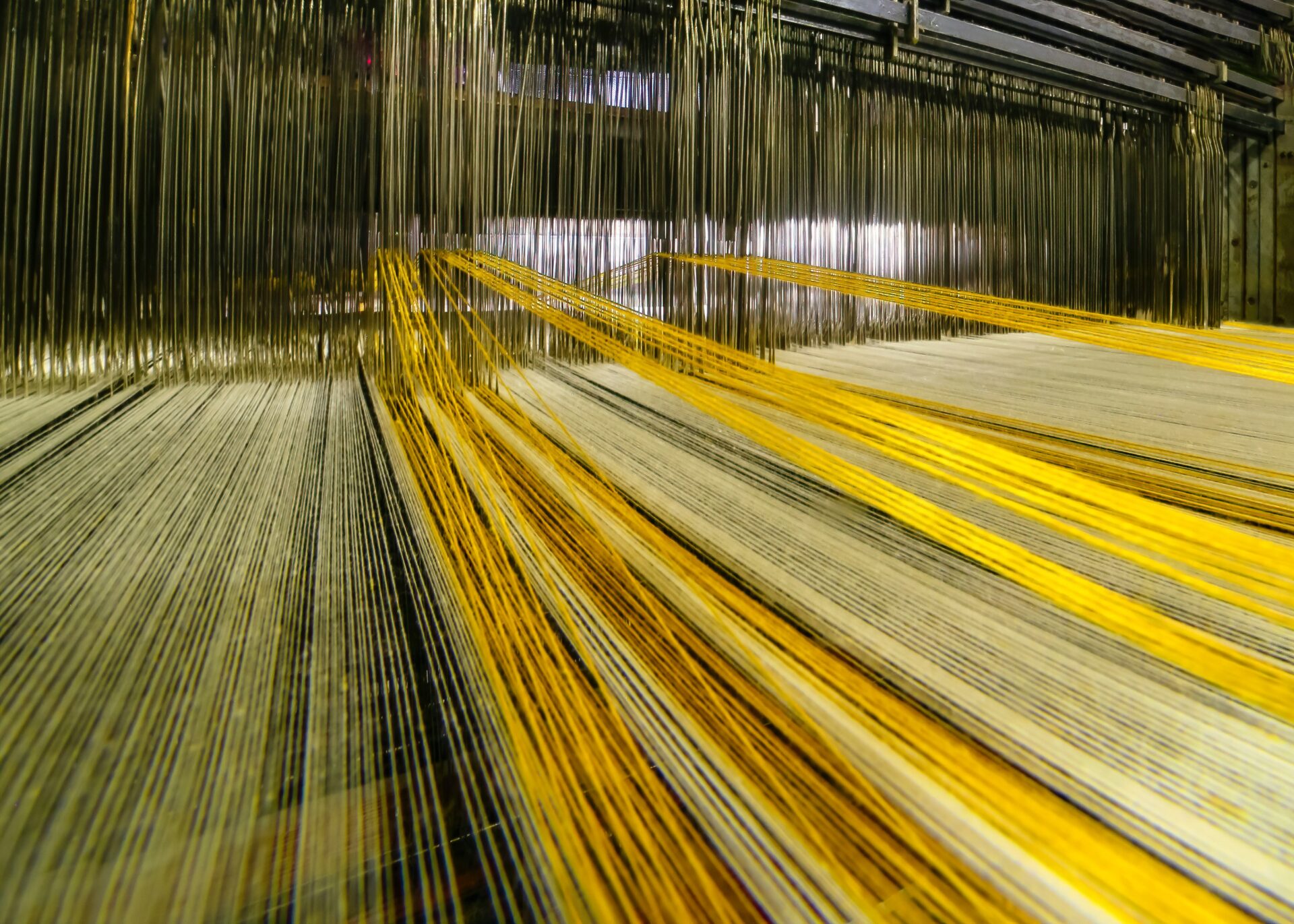

Unlocking the Trillion-Dollar Fashion Decarbonisation Opportunity
Innovators


RESPONSIBLE
RESPONSIBLE is a global circularity platform powered by advanced proprietary technology. The company is on a mission to scale circularity by offering solutions across the product life cycle and a premium take on reCommerce. (Northern Ireland)


Perfitly
Perfitly is an AR/VR-AI based size recommendation and visualisation platform for fashion e-commerce helping brands reduce returns. Online shoppers try on clothes using their custom digital body double to find their perfect fit, thus reducing returns and subsequent waste. Founded in 2015 (US).


traceless
Traceless creates bio-based films and coats that are home compostable, do not compete with food production and are qualitatively a real alternative to conventional plastic – 100% biodegradable and compostable. Founded in 2020 (Germany).


Greenhope
Greenhope is a social technology enterprise manufacturing biodegradable technologies to address hard-to-recycle items that are too small, contaminated, not economically viable, or destined for landfills. Their Ecoplas bioplastic sources starch from local farmers and turn it into packaging for apparel, food, and non-food applications. Founded in 2017 (Indonesia).
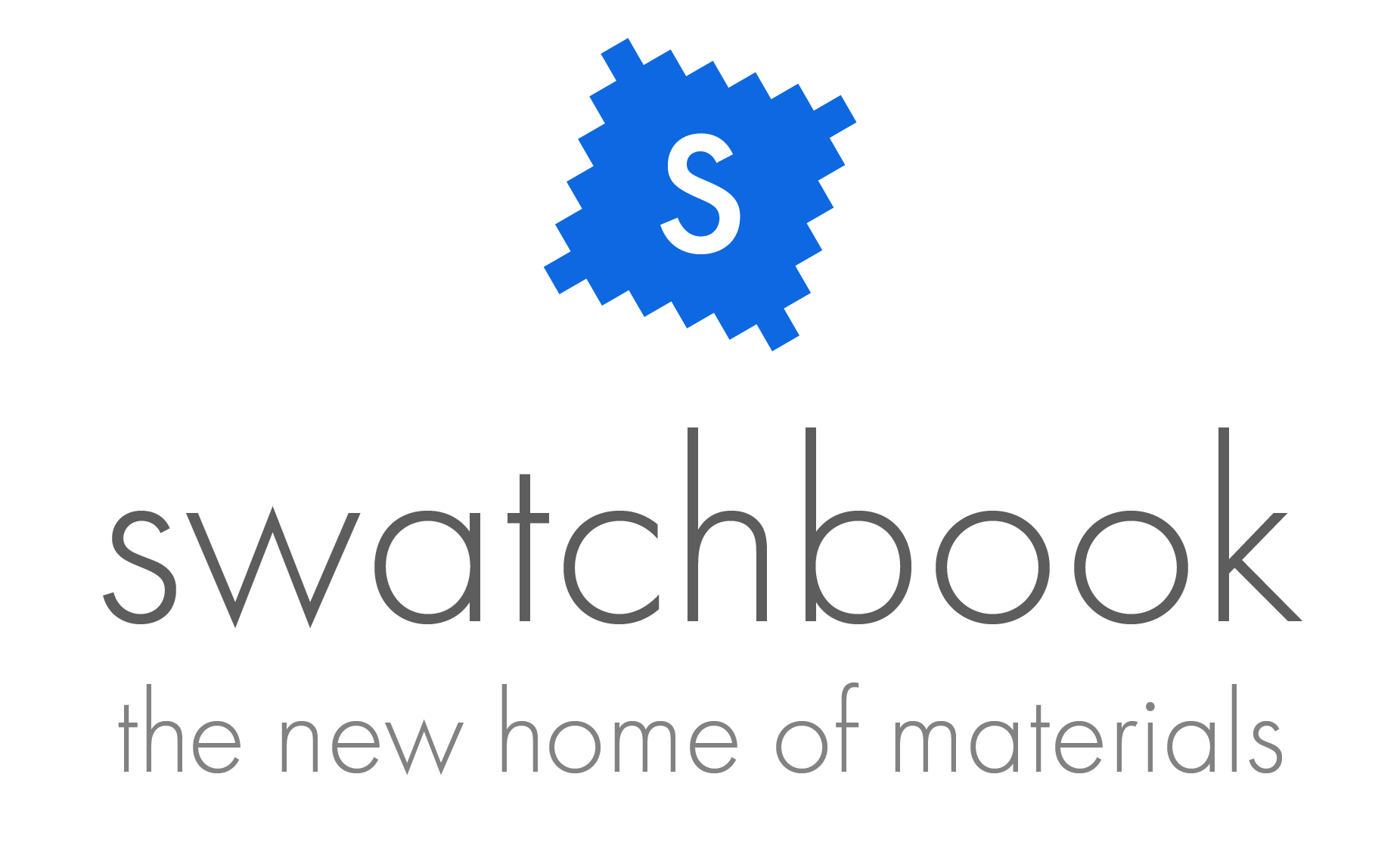

Swatchbook
Swatchbook is a cloud-based 3D material library revolutionising the exploration, visualisation and sharing of materials. The application connects brands with suppliers and allows secure communication between the design teams and suppliers. It helps to understand the real properties of materials without actually touching it through their platform and photos/videos. Founded in 2017 (USA).
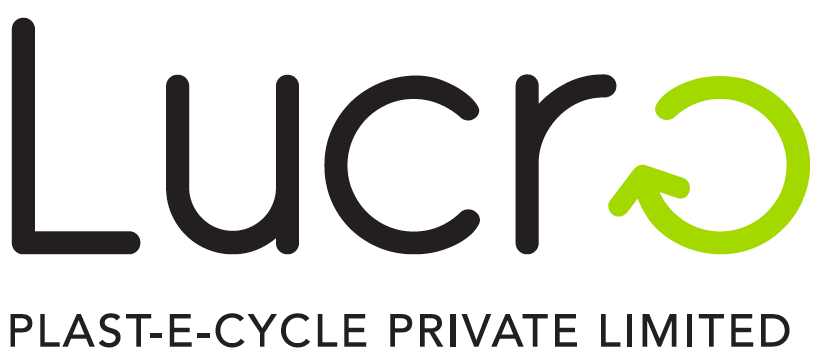

Lucro
Lucro produces high quality recycled plastic waste to make products, ultimately seeking to close the loop. Lucro caters to big industries including retail, FMCG and automotive, exporting their products to the US and Europe. Founded in 2012, (India).
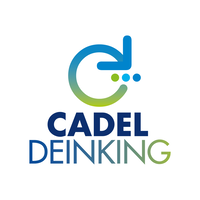

Cadel Recycling Lab
Cadel Recycling Lab removes printed ink and labels from plastics and through mechanical recycling can produce high quality, high recycled-content pellets. These pellets are waste based with no toxic chemicals, and have lower carbon when compared to virgin plastic. Founded in 2014 (Spain).


Resortecs
Resortecs produces a stitching thread which dissolves when exposed to heat for easy repair and recycling of garments. This allows for reduced water usage when compared to traditional disassembly and recycling processes used in closed-loop denim production, and the solution reduces textile waste through enabled ease of recycling. Founded in 2017 (Belgium).
Latest
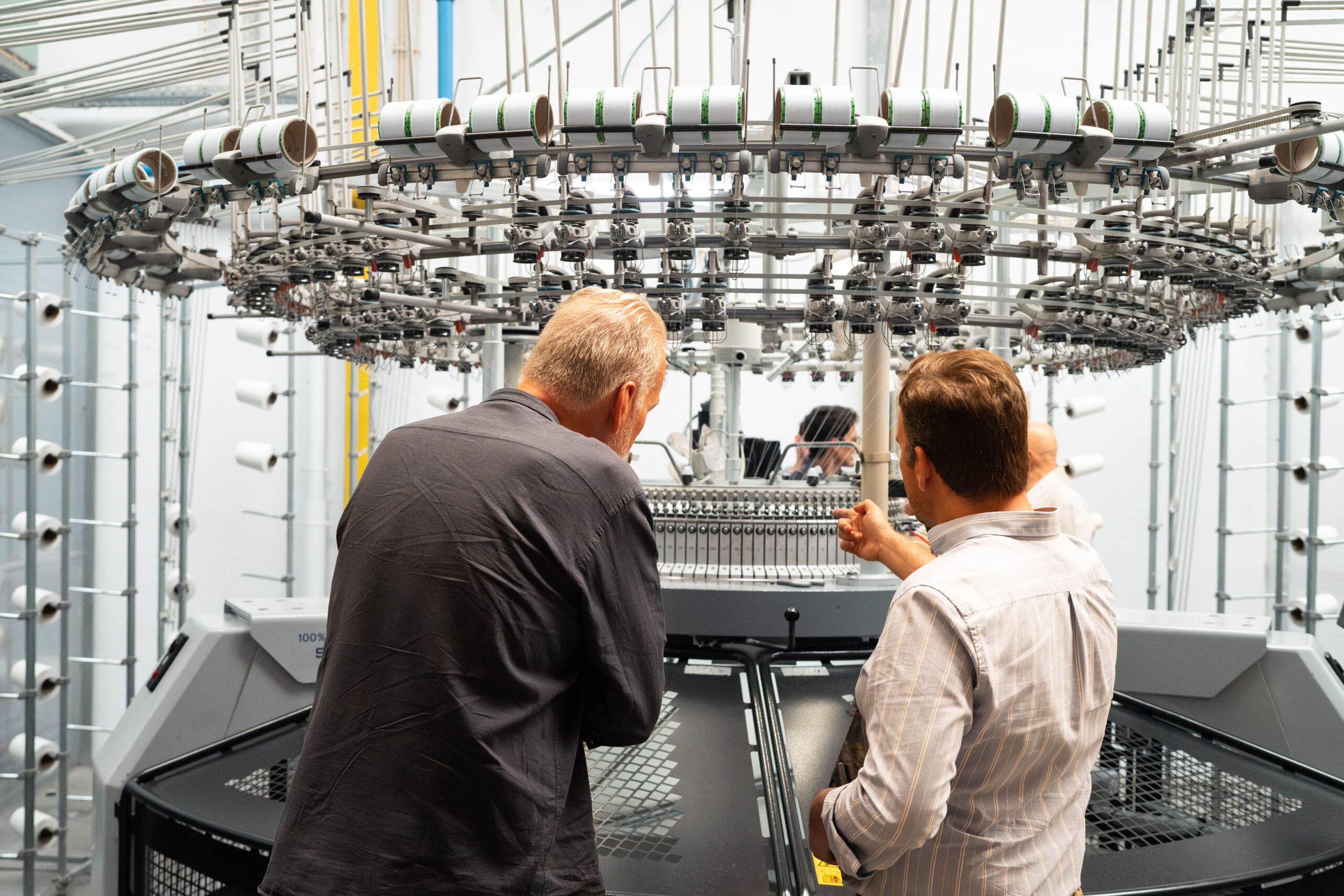

In conversation with Smartex: Explore Smartex’s AI-driven solutions transforming quality control and reducing waste
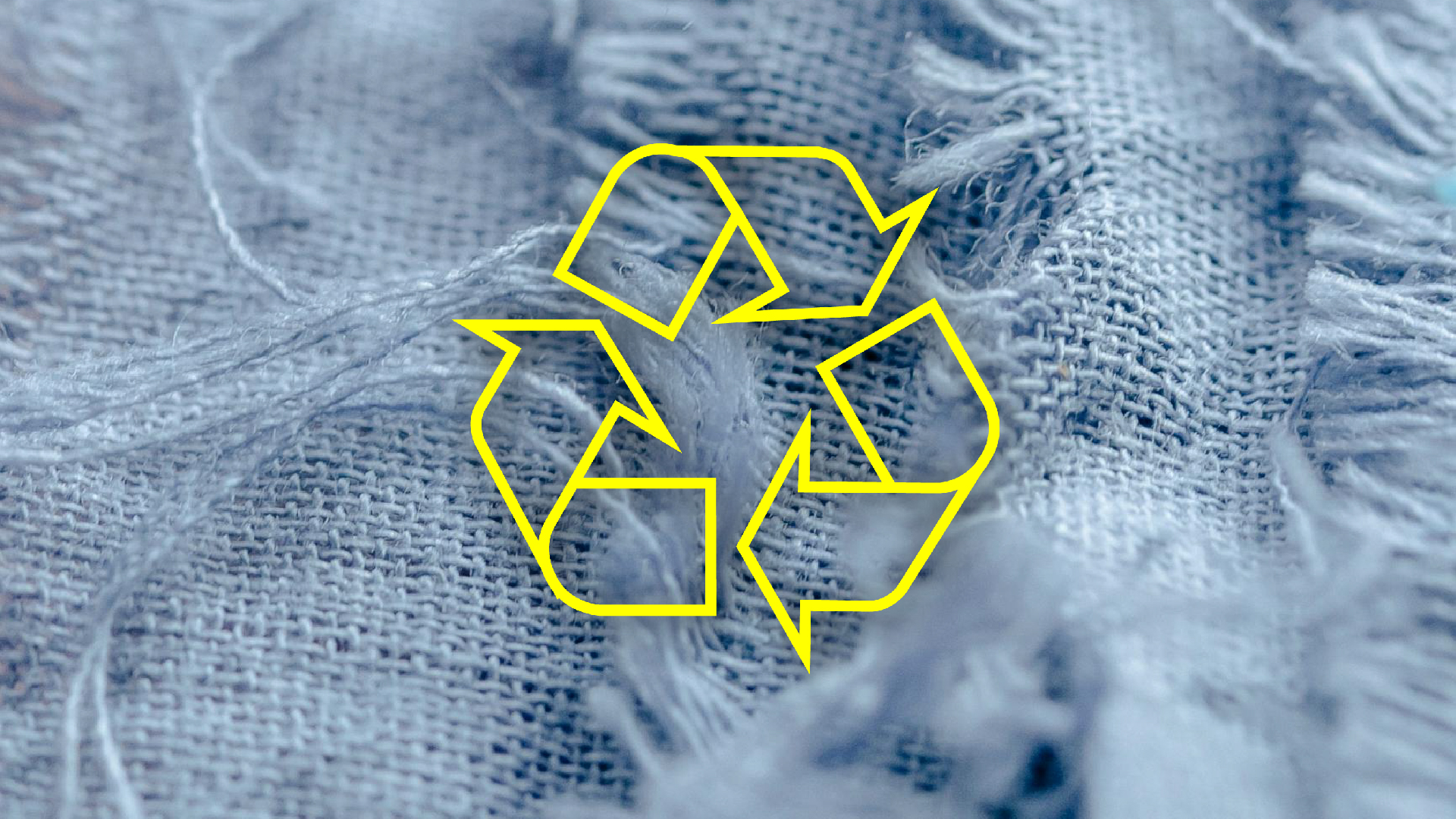

Fashion for Good and Textile Exchange Team Up to Trace Textile Waste
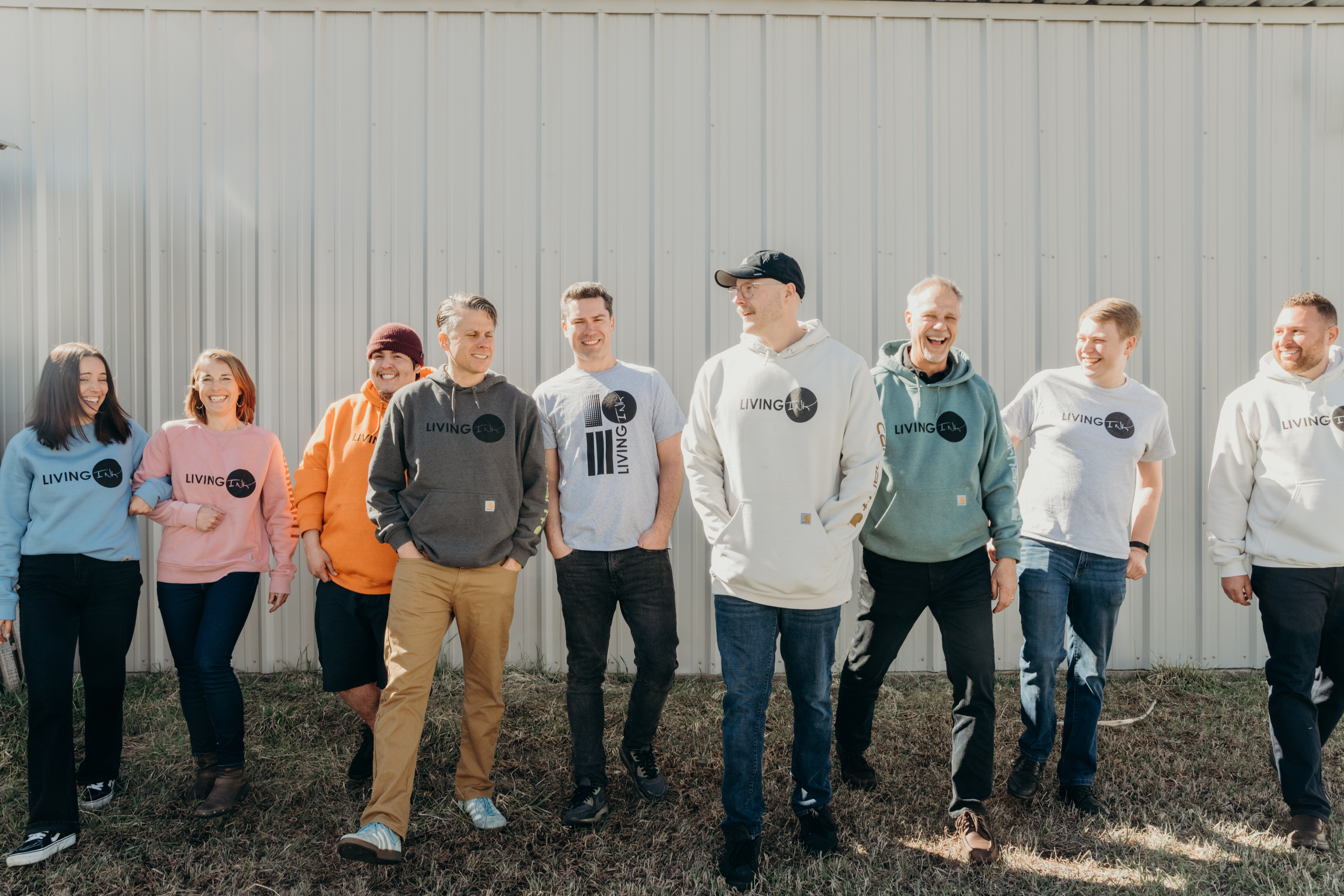

In Conversation with Living Ink: Turning Biomass Waste Into Value
